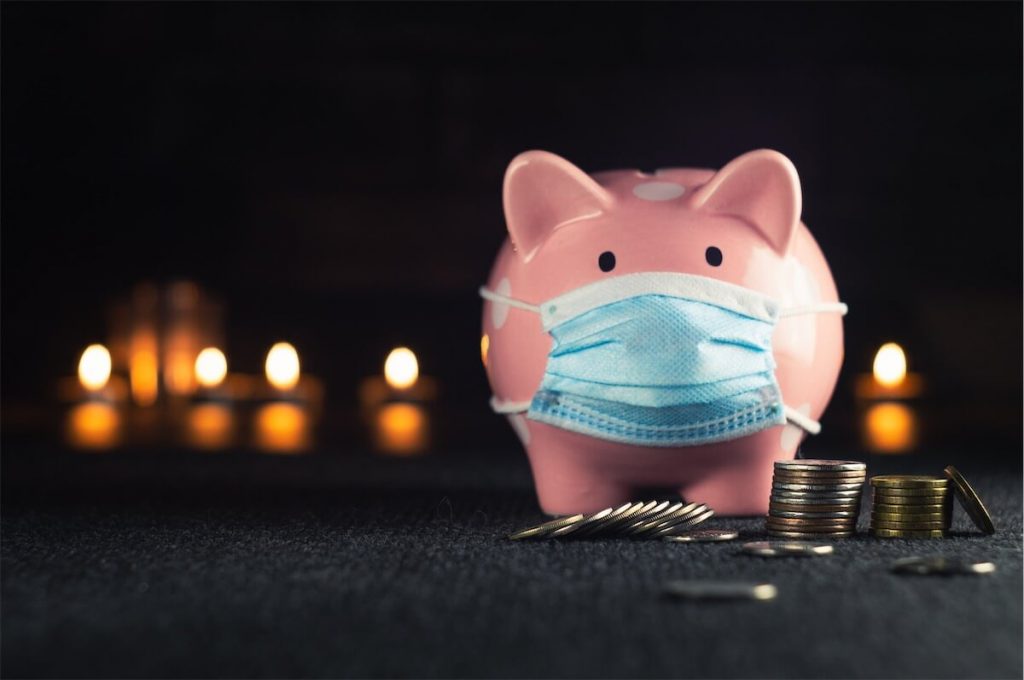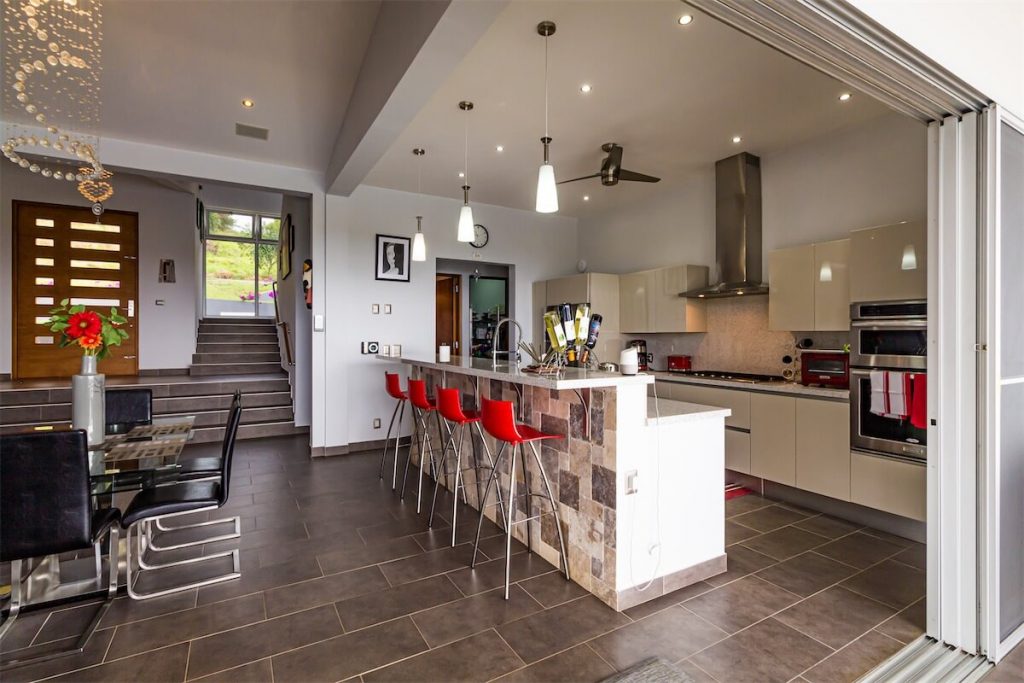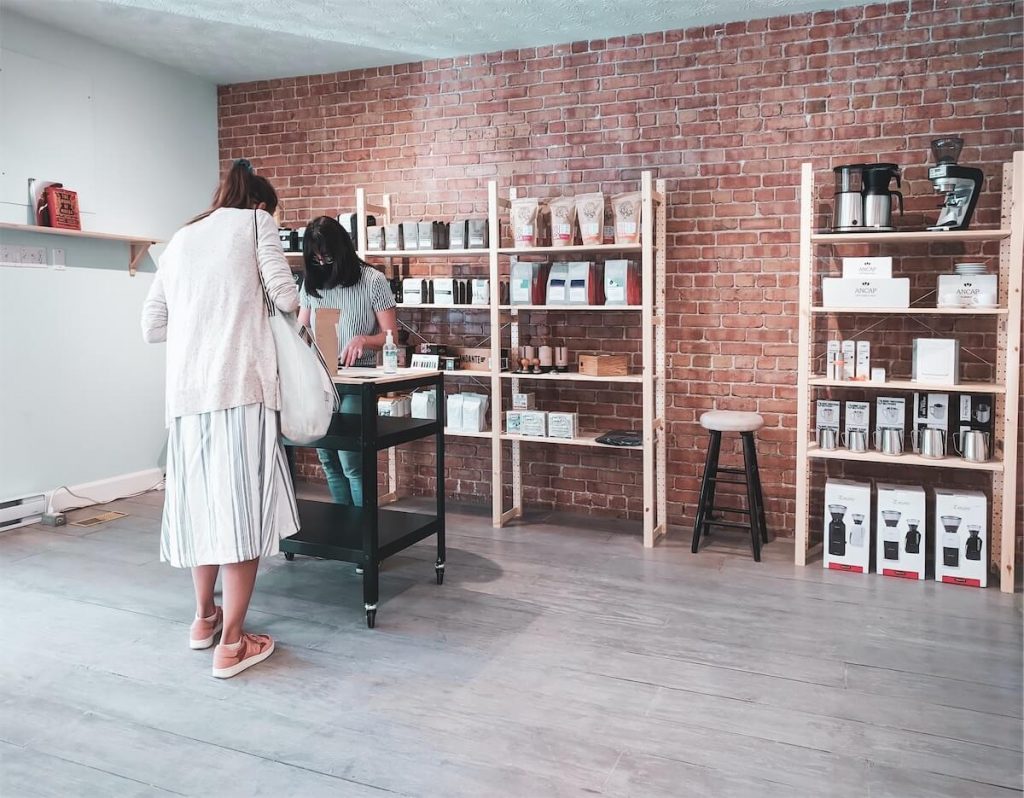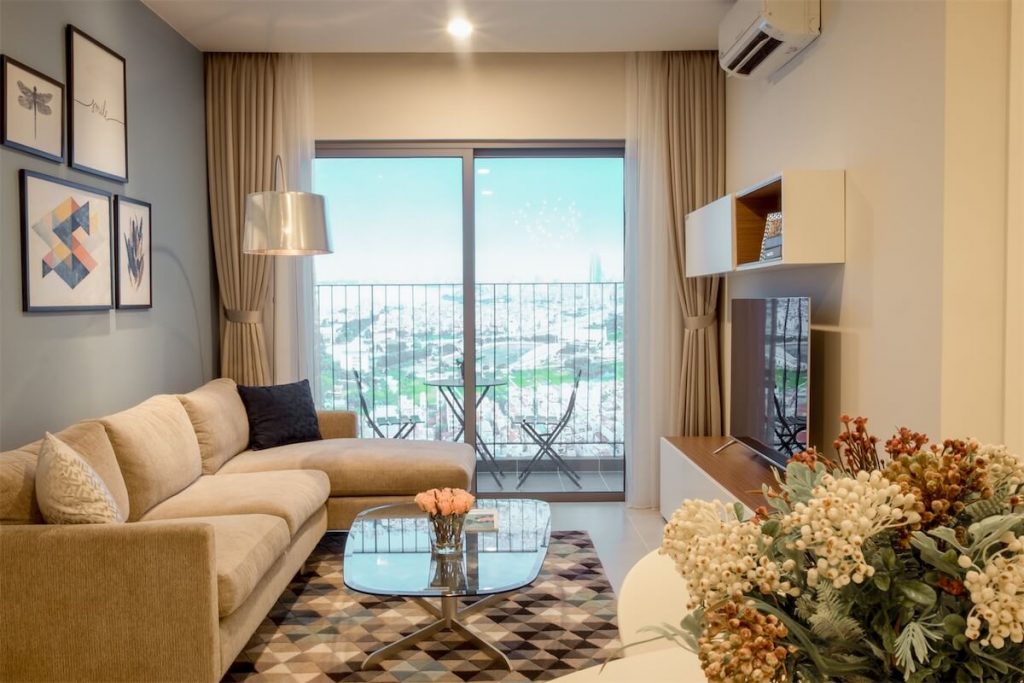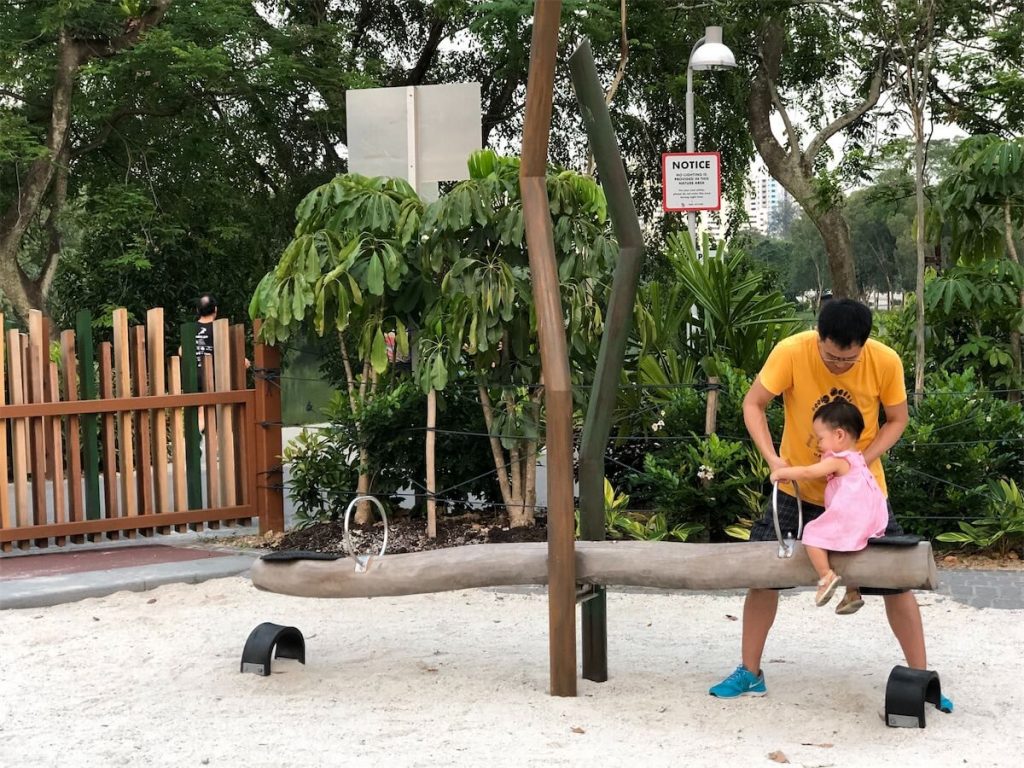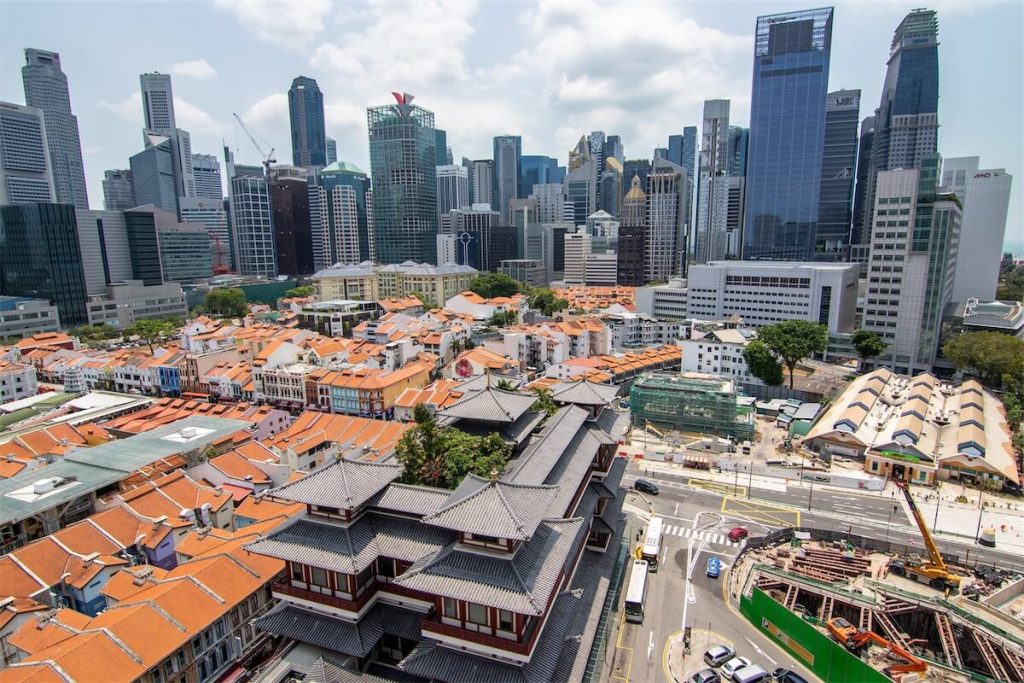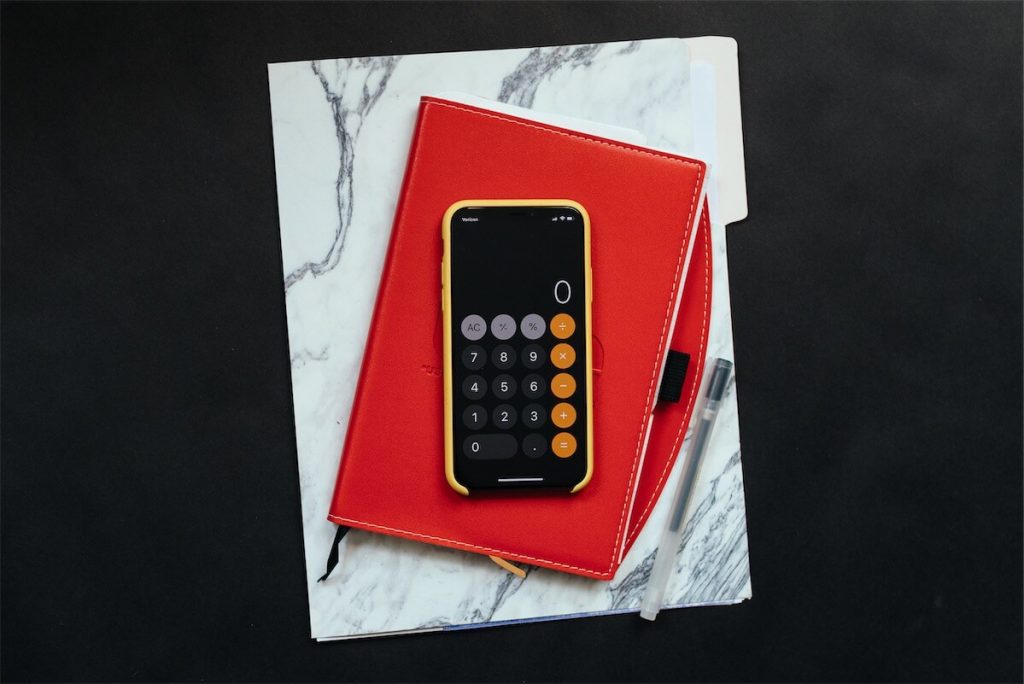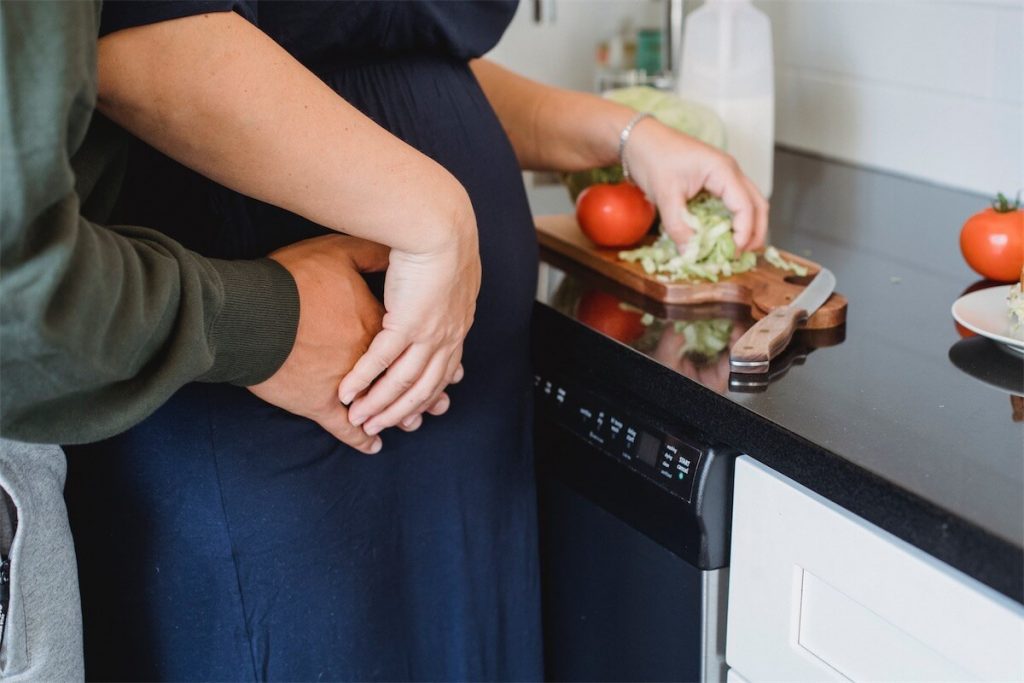Property tax may be one of the most daunting topics for property owners. Whether you’re getting a property to stay in or for investments, as long as you own a property in Singapore, you’re automatically required to pay property tax.
Knowing how it is calculated and how it differs from other taxes like income tax, and stamp duty is something new homeowners will have to understand.
Let us take a look and break down what IRAS property tax in Singapore is all about.
IRAS Property Tax in Singapore: Overview and key terms you’ll need to know
You’ll need to be familiar with two key terms: Annual Value (AV) and Property Tax Rate.
Annual Value (AV) refers to the amount of money you’ll earn by renting out your property for a year. It is determined by the Inland Revenue Authority of Singapore (IRAS). It fluctuates depending on the market rental value of the surrounding properties in your area. So if the rental value in your neighbourhood goes up, AV rates follow.
AV is derived after you deduct the furniture rental costs and maintenance costs from your rental value. Here’s an example:
- Monthly rental income: $2,000
- Monthly furniture rental: $800
- Monthly maintenance: $500
- Total Monthly: $2,000 – ($800 + $500) = $700
- Annual AV: $700 x 12 months = $8,400
While it may seem complicated to calculate your AV, rest assured all the assumptions will be done by IRAS.
On the other hand, Property Tax Rate refers to the tax rate you’ll need to pay. This sum of money is dependent on your AV and whether you live in the property yourself. In short, the higher the AV of your home, the higher the tax rate.
| What is Property Tax? | Taxes you need to pay for owning a property in Singapore |
| What is Annual Value? | Amount of money you’ll earn by renting out your property for a year |
| What is the Property Tax Rate? | Tax rate calculated based on the progressive tax rate |
| How to calculate property tax? | Annual Value (AV) x Property Tax Rate = Property Tax Payable |
Why does tax vary?
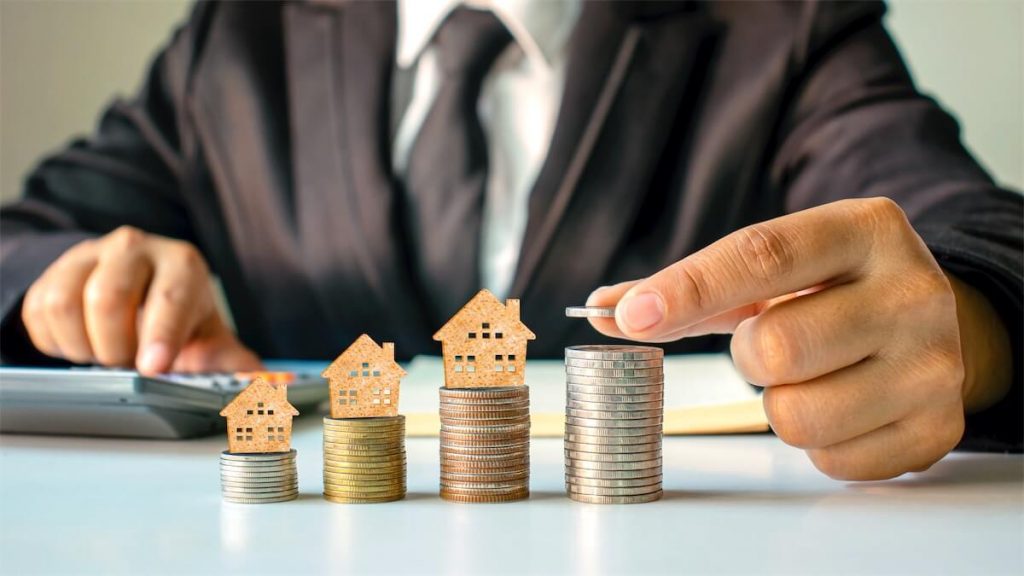
IRAS property tax varies as it is calculated depending on the property’s AV and the property tax rate.
- Rented properties
Properties that the owners do not occupy have a higher progressive property tax rate. Those who don’t live in their property (whether vacant or rented out) are deemed more wealthy and can pay more taxes than the average household.
If you’re able to buy a few properties in Singapore, there’s a pretty good chance that you’re well-off.
Buying your second property in Singapore? Learn more about how you can avoid ABSD legally here.
- Market conditions
Market conditions also play a big part in determining the AV of a particular property.
Areas with lots of new up-and-coming amenities tend to be more highly-priced than those far away from the city and difficult to access.
With greater convenience, demand for property prices in the area will grow as it attracts more potential home buyers and tenants.
However, if market conditions are poor and demand for properties fall, it could also lead to a decline in AV.
Since property tax rates are dependent on AV, it’s not surprising that the taxes you’ll have to pay may change along with market conditions.
- Owner-occupied properties

Tax rates differ as well, even among owner-occupied properties.
Since property tax rates depend on the AV of your property, any factor affecting it’s AV will naturally also affect the amount of taxes you’ll need to pay.
Properties deemed to be more attractive and fetch a higher demand will see higher tax rates than those considered less valuable.
How are property tax rates in Singapore calculated?
Generally, the tax rates of owner-occupied properties range from 0% to 16%, and the first $8,000 in AV is not taxable.
Here’s how it works:
| Annual value ($) | Effective 1 Jan 2014 | Effective 1 Jan 2015 |
| First 8,000 | 0% | 0% |
| Next 47,000 | 4% | 4% |
| Next 5,000 | 5% | 6% |
| Next 10,000 | 6% | 6% |
| Next 15,000 | 7% | 8% |
| Next 15,000 | 9% | 10% |
| Next 15,000 | 11% | 12% |
| Next 15,000 | 13% | 14% |
| AV in excess of $130,000 | 15% | 16% |
Owner-occupied tax rates are different from non-owner occupied tax rates. For the latter, here’s how the tax rates are calculated:
| Annual value ($) | Effective 1 Jan 2014 | Effective 1 Jan 2015 |
| First 30,000 | 10% | 10% |
| Next 15,000 | 11% | 12% |
| Next 15,000 | 13% | 14% |
| Next 15,000 | 15% | 16% |
| Next 15,000 | 17% | 18% |
| AV in excess of $90,000 | 19% | 20% |
How do you check your property tax?
If calculating your own property tax is confusing, fret not! You can easily check your property tax rate on IRAS’ e-service here.
Property tax is compulsory for all homeowners, so be sure to pay your taxes before they’re due each year, on 31st January.
What happens if you evade taxes?
No matter how you try to avoid it, the government will find a way to deduct the tax rate from you.
The sum could be deducted from your bank account, payroll and even your credit card. If you’re having problems paying your property taxes due to your financial situation, you can contact IRAS and request to pay your taxes in instalments.
A great way to ensure that you’re always ready to pay for your taxes is to set aside a budget for it each month. That way, you won’t find yourself caught off guard when IRAS notifies you to pay your taxes at the start of the year.

If you’d like to be furnished with more information, contact us for a chat. At FinanceGuru, we seek to help homeowners find the best home loan in Singapore and help them achieve their financial goals.
Learn more about how you can optimise your home loan and uncover potential ways to save you money and time. Get a non-obligatory assessment and loan product recommendations today.



